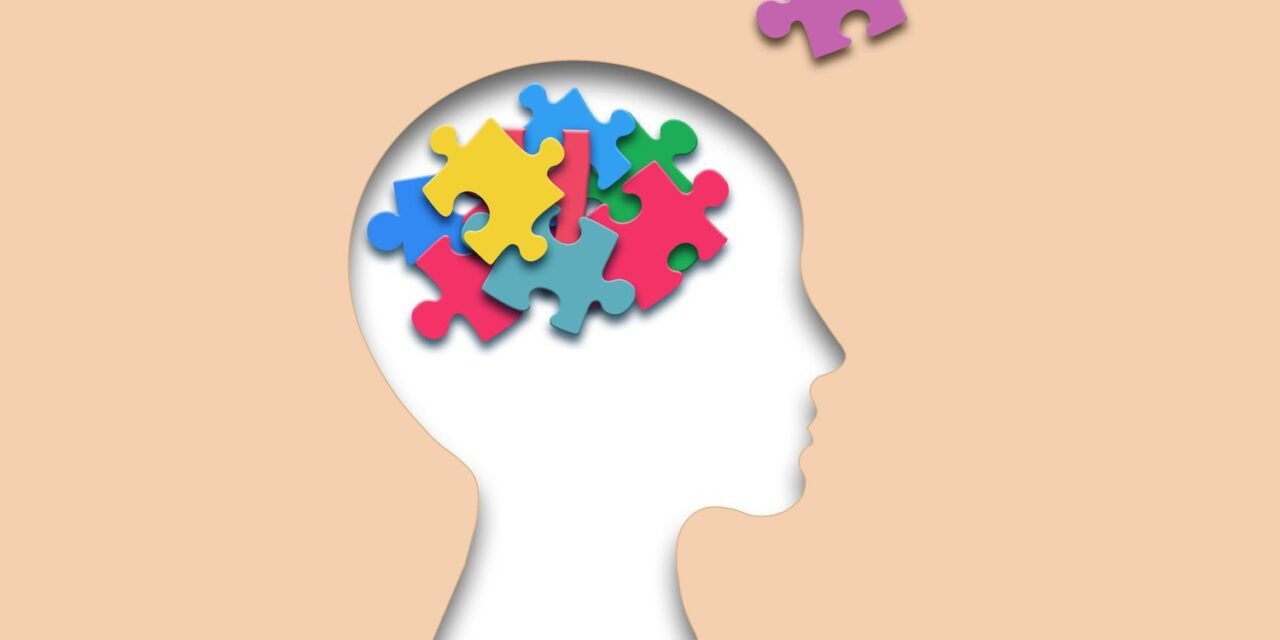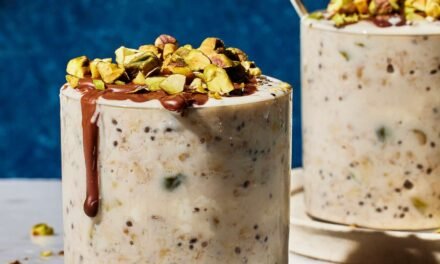There’s a whole lot of complicated and conflicting data relating to alcohol and well being. This research means that any quantity of normal alcohol use will increase the danger of dementia.If you happen to really feel you’ll be able to’t cope with out alcohol, search assist from a well being skilled.
Although we’ve beforehand reported about alcohol’s potential well being advantages, like bettering temper or supporting coronary heart well being, increasingly more analysis means that consuming alcohol has way more unfavourable penalties than advantages.
In truth, proof has surfaced questioning a few of these earlier findings and alcohol’s supposed advantages. For instance, in January 2025, the U.S. Surgeon Normal issued an pressing warning about alcohol consumption and most cancers danger. The advisory states that alcohol consumption will increase the danger of not less than seven kinds of most cancers, together with oral, breast, liver and colorectal. It additionally states that alcohol is now the third main preventable explanation for most cancers, and is liable for 100,000 new most cancers instances and 200,000 deaths per yr within the U.S. alone.
And what in regards to the mind? If you happen to’re somebody who likes to unwind with a cocktail or use some “liquid braveness” to calm down and have enjoyable whereas out with buddies, it might look like alcohol might be useful. However is it? There’s older proof that has instructed that light-to-moderate consuming could have protecting advantages for the mind. That mentioned, newer analysis is difficult these findings.
Researchers from the U.S. and the U.Ok. joined forces to look at the info from two massive research to try to clear up a few of the confusion relating to alcohol consumption and mind well being. Stating that this research is the biggest mixed observational and genetic research up to now on this subject, they printed their findings in BMJ Proof-Based mostly Drugs. Let’s break down what they discovered.
How Was This Examine Performed?
Researchers analyzed knowledge from two massive cohorts: the U.S. Million Veteran Program and the U.Ok. Biobank. A complete of just about 560,000 folks had been included, aged 56 to 72 years at baseline. These within the U.S. Million Veteran Program had been adopted for a mean of 4 years, whereas the U.Ok. cohort had a mean follow-up interval of 12 years.
Each cohorts had been observational research that collected demographic data, well being historical past, medical data, household historical past and blood work from every participant. Observational research accumulate data after which group members based mostly on sure components to look at particular outcomes; they’re principally a snapshot in time.
On this case, researchers thought of whether or not a relationship exists between alcohol consumption and individuals who did and didn’t develop dementia. Dementia is a basic time period for lack of reminiscence, language, problem-solving and different talents that’s extreme sufficient to intervene with on a regular basis life. Alzheimer’s illness is the commonest kind of dementia.
The opposite a part of this research used Mendelian randomization (MR), which considers genetic variables that mimic the randomization course of. MR tends to be a extra correct technique of linking relationships than observational research, as a result of it’s much less inclined to confounding components and bias in members’ and researchers’ reporting. This genetic evaluation included 2.4 million members.
What Did This Examine Discover?
For the primary a part of this research, based mostly on observational knowledge, researchers discovered what many earlier research have discovered: Heavy drinkers (greater than 40 drinks per week), nondrinkers and people with alcohol use dysfunction (AUD) had a better danger of growing dementia in comparison with mild drinkers (fewer than 7 drinks per week). Particularly, heavy drinkers and nondrinkers confirmed a 41% larger danger of dementia, and people who had been alcohol-dependent had a 51% larger danger.
However the Mendelian randomization genetic evaluation didn’t match up with the observational research outcomes. As an alternative, these outcomes recommend that as genetically predicted alcohol consumption will increase, so does the danger of dementia—which signifies that even mild drinkers have an elevated danger and nondrinkers have a decrease danger.
For instance, for each further one to 3 drinks per week, the danger of dementia elevated by 15%. And a doubling within the genetic danger for AUD was related to a 16% larger danger of dementia. These outcomes recommend that there isn’t a “secure” suggestion for alcohol consumption so far as dementia goes.
However why did the observational research recommend that nondrinkers have a better danger of dementia, whereas mild drinkers had a decrease danger? Researchers word the constraints of observational research, together with bias and inaccurate reporting of information by members. Additionally they state that observational research solely measure short-term, fluctuating traits which might be influenced by environmental and stage-of-life components, whereas Mendelian randomization makes use of steady, long-term traits.
Researchers word that whereas Mendelian randomization could also be extra correct in figuring out relationships that recommend causation, it nonetheless has its limits. On this case, they state that the strongest associations had been present in people of European descent, so these outcomes could or could not apply to different races and ethnicities. Additionally they word that MR depends on genetic assumptions that may’t all the time be verified.
How Does This Apply to Actual Life?
If you happen to wrestle with the tug-of-war of eager to get pleasure from a drink with buddies, but additionally eager to be wholesome, it’s essential to contemplate what we at present find out about alcohol. Apart from alcohol being linked to elevated most cancers danger, we all know that it additionally influences the intestine microbiome, creating a rise in endotoxin ranges. These toxins enhance irritation in your physique, which has been linked to just about each illness you’ll be able to consider, from coronary heart illness and most cancers, to diabetes and autoimmune ailments.
Common alcohol consumption has additionally been linked to declining gray and white mind matter—in different phrases, smaller brains. And this decline in mind quantity was even seen in individuals who drank as little as one drink per day, with mind mass loss growing because the variety of drinks elevated. One other research means that heavier drinkers (eight or extra drinks per week) had a better danger of dementia than nondrinkers, together with a whopping 133% larger danger of mind lesions.
To drink or to not drink comes all the way down to weighing the professionals in opposition to the cons and deciding which is extra essential to you. It’s additionally sensible to look at the explanations you select to imbibe. For instance, for those who drink to calm down, take into account attempting different methods to unwind, like going for a stroll, working towards yoga or meditation, journaling, getting out into nature, cooking up a wholesome meal (we would have just a few concepts!) or calling a good friend.
Take into account switching to mocktails for those who drink since you just like the style of it. We love our Mojito Mocktails, Tart Cherry Nighttime Mocktail or No-Added-Sugar Sangria Mocktail. And for those who drink to try to slot in—and perhaps even have problem getting your pals to cease pouring you a glass—it is likely to be time to modify your good friend group.
Our Professional Take
Consuming is a extremely private alternative, and it’s sensible to contemplate the potential hurt alcohol could inflict in your physique and mind. This research means that any quantity of consuming—together with mild and average—has unfavourable penalties to mind well being and will increase the danger of dementia.
If you happen to really feel like you’ll be able to’t address life with out alcohol, it might be time to succeed in out for assist. If you happen to or somebody you realize is fighting alcohol dependence, misuse or habit, contact the Substance Abuse and Psychological Well being Companies Administration (SAMHSA) Nationwide Helpline at 800-662-4357 for data on help and therapy services in your space. It’s essential to notice that as a result of your physique can change into bodily depending on alcohol, it may be harmful to stop chilly turkey; because of this, alcohol detox beneath medical supervision is really helpful.





